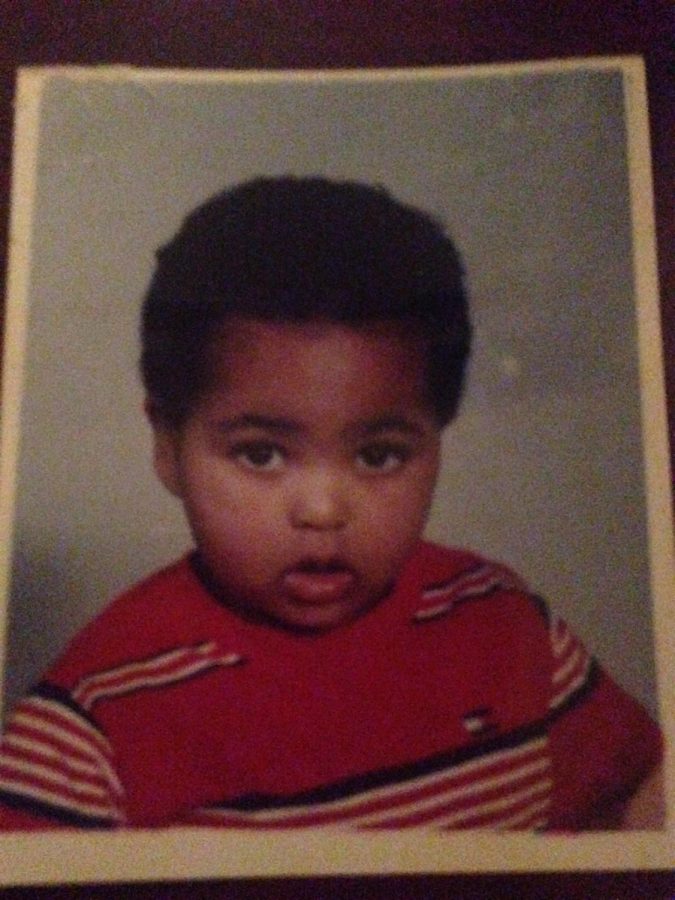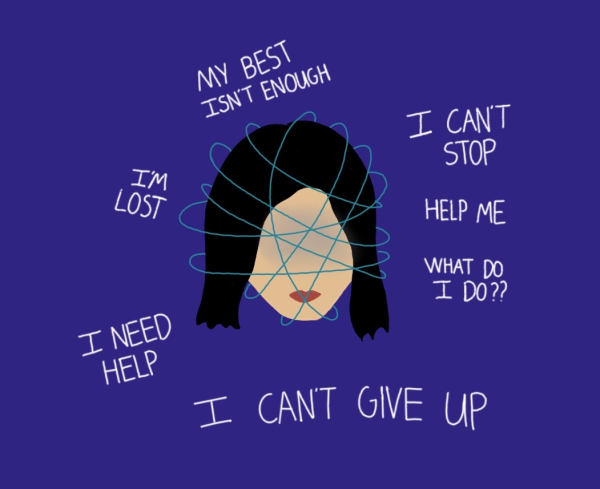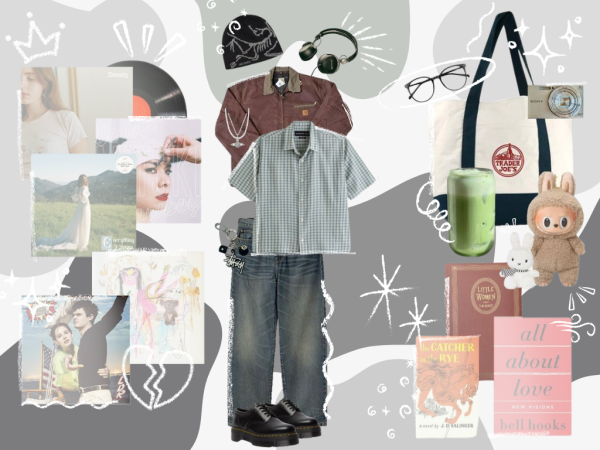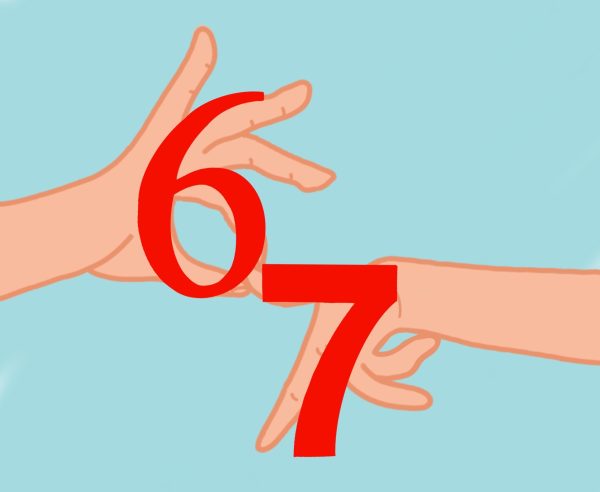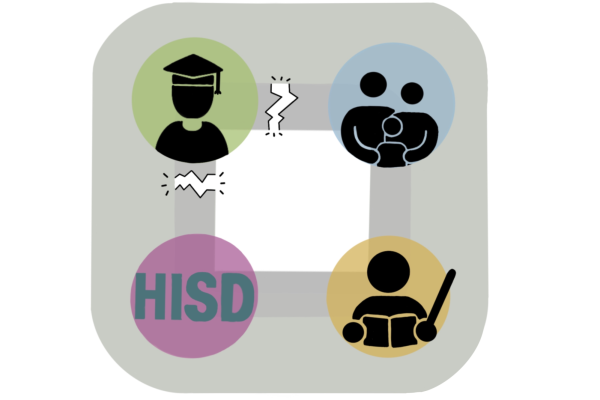Ethiopian immigrant reflects on life change
Ethiopia.
Home. At least for the first three years of my life it was.
In February of 2004, my parents made the biggest decision of their lives. They left everything they had built behind and moved me and my three siblings to a country that was unaccustomed to us.
America.
Living in Houston since then I have turned into a typical American. I watch television, I eat unhealthy food and stare at my phone for the majority of the day. Growing up, the one question that was always on my mind whenever I heard my family talking about Ethiopia was, “What is life like over there?”
Whenever I asked that question, I would always receive the same answer: “it is completely different Eyob.” I always had a dream of going back to Ethiopia and learning more about where I came from. In December 2010, that dream came true.
Arriving in the capital Addis Ababa, my place of birth, I was confused. Driving to the house my family had rented, I saw buildings and roads being constructed, people on their phones sitting outside cafes, and what was a knock-off In-N-Out called Out-N-In. I thought to myself, “This isn’t Ethiopia. It cannot be.” Later on, I would prove myself right.
My sister and I were headed to my brother’s shop in the heart of Addis Ababa. An appliance store in Piazza, simply called the Plaza. As we were walking to the store, I saw homeless people scattered all over the streets. One of them caught my eye. A blind man with his back against a pole was singing religious music for money. That is the big thing in Ethiopia. Religion. Instead of a McDonalds on every corner, there is either a church or mosque.
A couple of weeks into being in Ethiopia, my family decided on taking a trip to Awasa, a fishing town on the edge of Lake Awasa near the Great Rift Valley. The town is known for its beautiful views of the lake and peaceful mood. It took us about 5 and a half hours to get there but watching cattle being herded and young kids dancing to the sound of Teddy Afro’s music made it all worthwhile. We stayed at a hotel owned by Haile Gebre-Selassie, Ethiopia’s greatest runner. As we were checking in my brother yelled at the top of his lungs, “It’s Haile!” and there he was entering the hotel.
The next day, we went to Lake Awasa to take in the view and enjoy what nature had to offer us. There was something different about the water when we got there. It was clear. I had never seen clear water before in my life. All I had seen before was that grimy, gross Galveston water. It was a sight to see. Later on we headed into the town, where I saw a fish market filled with people. The aroma of tilapia being grilled filled my nostrils and entered my stomach which growled in hunger.
When we got back to Addis Ababa, it would be a couple more days until we headed back to the house where we were staying. I wanted to take one last stop to the Red Terror museum. The museum honors the people killed by the communist government in the late 70s to the early 90s. I immediately noticed the walls. They were covered with pictures of people who were killed. There were also documents and pictures of people being tortured by the police during riots hanging on the walls. It made me think about how these people risked their lives to make it better for everyone else around them.
On the plane coming back to Houston, I looked back on what I had learned about my country. My culture. My people. Now when people ask me where am I from, I proudly say, “I am from Ethiopia”.
Your donation will support the student journalists of Bellaire High School. Your contribution will allow us to purchase equipment and cover our annual website hosting costs.


